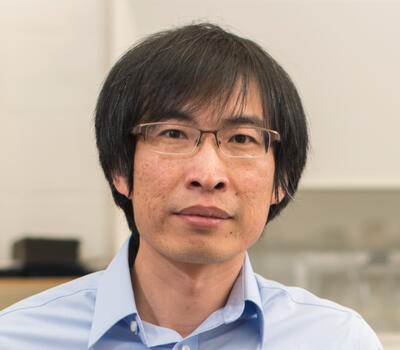Haochuan Zhang, a master’s student in computer science at Oregon State University, has been awarded the university’s first-ever ARTERD Fellowship, a prestigious international research opportunity sponsored by the Organization for Economic Co-operation and Development’s Nuclear Energy Agency.
What is the ARTERD Fellowship?
The ARTERD project—short for Advanced Remote Technology and Robotics for Decommissioning—is led by the University of Tokyo and the Japan Atomic Energy Agency. It focuses on developing cutting-edge technologies for nuclear site decommissioning under extreme conditions.
Zhang’s Research Focus
Zhang will spend Fall 2025 at the University of Tokyo working on a project titled “Innovative sensing technologies for disaster response robots under severe environments.” His research will explore multi-sensor fusion, including RGB-D, LiDAR, infrared, and radiation detectors, to enhance robotic perception and mapping in post-disaster nuclear settings.
“I see this as more than just a research opportunity—it’s a chance to explore an entirely different domain and gain first-hand exposure to how advanced technologies are used in real-life critical scenarios,” Zhang said.
Advancing nuclear science and technology
The ARTERD Fellowship is part of the Nuclear Energy Agency’s Nuclear Energy, Skills, and Technology Framework, which supports international collaboration and training in nuclear science and technology. Fellows participate in site visits, seminars, and conferences, gaining access to state-of-the-art tools and mentorship from global experts.
Zhang discovered the opportunity just days before the deadline and applied on a whim. “To be honest, it started with a bit of luck,” he said. “Even though my background is in computer science, not nuclear engineering, I decided to give it a try.”
With support from Professor Haori Yang and guidance from Japan Atomic Energy Agency staff, Zhang crafted a compelling application.
“I’ve had some relevant experience in AI and sensor-related projects,” Zhang said. “But I believe it was my proactive attitude—and the generous support from everyone—that really made this possible.”
Zhang’s selection marks a milestone for Oregon State, which joined the ARTERD program in 2025. His work will contribute to global efforts in nuclear safety and disaster response, while expanding the university’s presence in international research.




